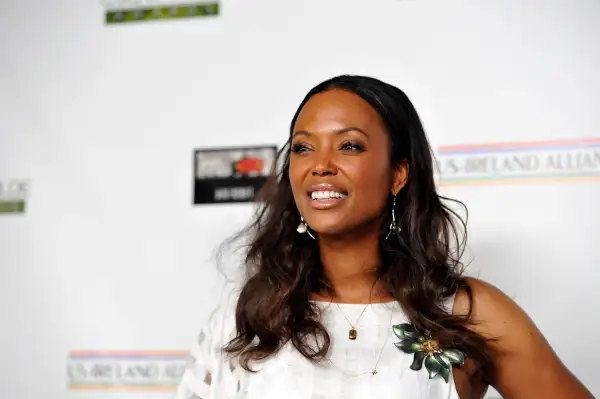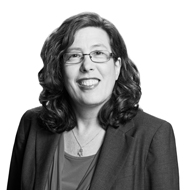Aisha Tyler: African-American Teens Should "Be Brave" When Choosing a College

With all the news about racial tensions on college campuses, many African-American teens might be tempted to avoid schools where they will be part of a tiny minority. But Aisha Tyler, a graduate of Dartmouth College, says that would be a mistake.
Instead, the comedian and actress urges African-American teens to “be brave” and enroll in schools even (or especially) where there have been incidents of racism, to help turn around attitudes.
And at least some data support her advice. A new, data-based analysis of which colleges help African-American students succeed, created jointly by Money and Essence magazines, finds that many of the schools that give big boosts to black students are elite, predominantly white colleges such as Dartmouth. While only about 7% of the undergraduates at Dartmouth are African-American, the Ivy League college ranks 27th in the nation on the Money/Essence list, in part because African-Americans who get into the school graduate at a rate more than twice the national average for African-Americans as a whole. In addition, Dartmouth offers generous financial aid, and its graduates tend to do well in the job market, (as fellow Dartmouth alum Shonda Rhimes can attest.)
Here is an edited transcript of Tyler's conversation with Money about how she thinks African-American students should approach the college selection process:
Money: Why did you choose Dartmouth, which is a fairly small college in the boondocks of New Hampshire with a comparatively small percentage of African-American students?
Tyler: Dartmouth represented a great opportunity. I wanted to go to the best possible school I could go to. Dartmouth is a small school with high-caliber teaching. Our classes were all taught by professors, not teaching assistants. I felt like that was a school where I could make a big splash. The opportunities would be grander and more robust for me there than at a school with 40,000 students. I didn’t mind being in a school with a small African-American population. The African-American-community was very tight, and that was great. But I also wanted to interact with other types of folks. Every culture is very important. Dartmouth has always been dedicated to diversity of culture.
Money: What would you say students who might be put off by hearing about racial incidents on a campus?
Tyler: When incidents of discrimination happen, that is the real world. You know, if someone doesn’t write something nasty on your dorm door, that doesn’t mean they are not thinking it. I applied to Dartmouth the year the school had a big demonstration against apartheid. The students built a shantytown on the green, and some students, ultra-conservatives, destroyed the shantytown with sledgehammers. I told my high school counselor I was going to Dartmouth, and he asked me: "Why go to a school where that happened?" It’s not for everybody. You have to decide what you can tolerate. But my great-great-great-great- grandfather escaped slavery in Texas and eventually went back into post-reconstruction Texas and built a successful business. What would we be like if black people didn’t go into the heart and didn’t try to change things? We would have made no progress in the country. Bravery is the engine of change.
Money: What advice would you give African-American high school students who are thinking about where to attend college?
Tyler: I’d say, "Step out of your comfort zone. Don’t pick a college that replicates what you did in high school. Test yourself in an unfamiliar context so that you can learn to succeed no matter where you are placed, so that you know you can excel."

